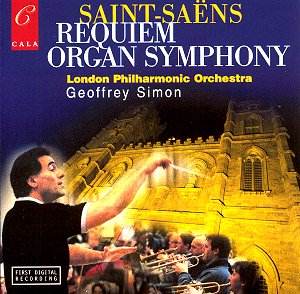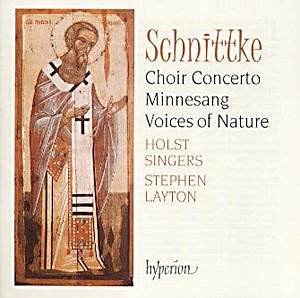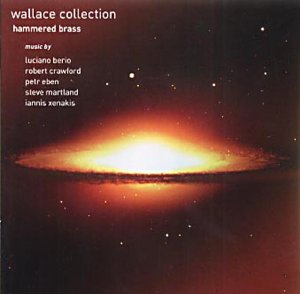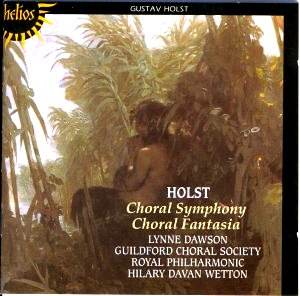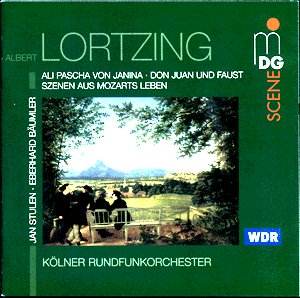 Composer: Albert Lortzing
Composer: Albert Lortzing
Works: Don Juan und Faust, Ali Pascha von Janina, Szenen aus Mozarts Leben
Performers: Gert Westpinal (recitation), Monika Krause, Friederike Vomhof (sopranos), Yvi Jänicke (alto), Karl Fäth (bass), Axel Mendrok, Karl-Heinz Brandt (tenors), Ali Pascha von Janina: Michael Vier, Bernier: Axel Mendrok, Narrator: Karl Wesseler
Recording: Cologne, 1989/91
Label: MDG
The oeuvre of Albert Lortzing often dwells in the shadows of German operatic history, overshadowed by contemporaries like Wagner and Strauss. However, his works, particularly the trio presented in this MDG recording, reveal a composer of significant merit whose theatrical roots and musical dexterity warrant renewed exploration. “Don Juan und Faust,” composed in 1829, showcases Lortzing’s ability to blend spoken dialogue with musical numbers, resulting in a rich tapestry that mirrors the dramatic intensity of Weber while retaining an individuality that is unmistakably his own.
In this recording, the Cappella der Nordwestdeutschen Musikakademie Detmold and the Köln Rundfunkorchester under Jan Stulen provide a competent framework for Lortzing’s vibrant scores. The orchestral execution is notable for its vivid orchestration, particularly in the overtures where Lortzing’s thematic material intertwines with references to Mozart and Spohr. The thickly instrumented overture of “Ali Pascha” (CD1 tk.3) stands out, revealing Lortzing’s early mastery of dramatic orchestration. Each thematic strain is imbued with a sense of character, drawing the listener into the vibrant world of Lortzing’s theatrical imagination.
The vocal performances are commendable, particularly from Axel Mendrok as Bernier in “Ali Pascha,” whose tenor is marked by lyrical phrasing and dynamic expressiveness, especially evident in the aria “Ali’s Revenge” (CD1 tk.4). The ensemble singing, however, occasionally lacks the richness one would expect from a larger choral body, leaving the harmonies somewhat underwhelming in the thicker textures of certain passages. This shortfall is particularly felt in the grander moments of “Szenen aus Mozarts Leben,” where the thinness of the choir detracts from the climactic intensity intended by Lortzing.
The engineering of the recording merits attention, as it strikes a balance between clarity and warmth, allowing the subtleties of Lortzing’s orchestration to shine through without overwhelming the textual clarity of the vocal lines. The sound captures the intimate atmosphere of the Detmold performances while also giving the orchestral contributions their due prominence. Notably, Petra Hasse’s portrayal of Constanze in “Szenen aus Mozarts Leben” (CD2 tk.8) is particularly moving, her rich timbre infusing the lullaby with a sense of poignant nostalgia that resonates deeply within the context of Mozart’s life, a relationship Lortzing navigates with both reverence and creativity.
Lortzing’s ability to integrate existing melodies into his work, especially in “Szenen aus Mozarts Leben,” where he draws extensively from Mozart’s own compositions, offers a fascinating lens into his compositional process. The interplay of borrowed material and original writing demonstrates Lortzing’s skill in navigating the cultural landscape of his time while crafting a narrative that is distinctly personal. This synthesis of homage and innovation is crucial to understanding Lortzing’s legacy as a bridge between the operatic traditions of the past and the burgeoning Romantic idiom.
The performances presented in this recording capture Lortzing’s unique blend of humor and tragedy, underscored by a theatrical flair that remains engaging throughout. While the recording may not reach the heights of the most polished contemporary productions, it provides an essential perspective on Lortzing’s developmental journey as a composer. His works, particularly during his formative years in Detmold, encapsulate a pivotal moment in the evolution of German opera, marked by a burgeoning confidence in character portrayal and musical expression. This collection serves as a valuable resource for those eager to delve deeper into Lortzing’s world, revealing a composer whose early efforts laid the groundwork for his later operatic successes.
